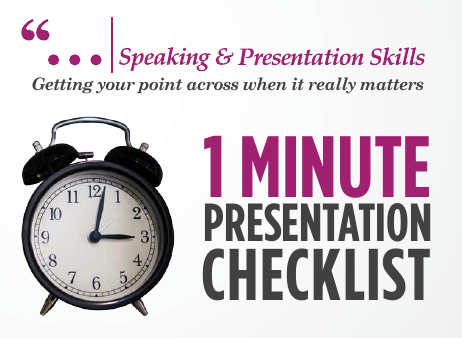- 1. Don’t assume you understand what people are indicating with their visual language; you may be misinterpreting it.
- Shaking your head (meaning a negative in the West), has many different meanings in other parts of the world. Nodding does not always mean ‘Yes’.
- Asians can never say ‘No’. Always pay more attention to the body language than the words.
- Pay very careful attention to the other person’s body language to see if you are coming up against an invisible cultural barrier.
- Singaporeans tend to laugh when embarrassed or when in a highly emotional state. A little laughter can be a signal for ‘No’.
- When is a smile not a smile? Asians smile to communicate various emotions: anger, embarrassment, sadness, and disappointment. Interpretation depends on context. Smiling at a funeral might be astonishing to a Westerner.
- Koreans: pay particular attention to facial expressions—very important to make eye contact.
- Eye contact is thought of as rude in Japan. They will often look down at their shoes or in the air. Take care to not stare.
- Be wary of finger gestures and pointing. This can be extremely offensive. It’s best to use whole hand (always the right), preferable palm upwards. As a matter of interest, Indians point with their chins.
- Eye contact (men/men) and gestures of openness are important in Saudi Arabia.
- Left hand considered unclean—hand objects and only touch someone with the right hand
- Avoid touching your face while speaking to someone else, especially with the right hand (which you use to shake their hand).
- Touching is also taboo in Japan. Avoid the ‘American pat on the back’ or arm around the shoulder. It is often considered deeply patronising.
- In the West, patting children on the head or ruffling their hair this is a sign of affection. In the East, these should be avoided as the head is where the soul is located.
- Do not stand too close to someone you have just met. Respect their personal ‘space bubble’.
- Rarely is kissing accepted as a greeting: unlikely in Asia; frowned upon in the Middle East unless it is men/men. Openly practised in France, Russia, southern Mediterranean countries. Accepted in the UK and US.
- Bowing is the common greeting in Japan, however, the handshake is becoming more popular, particularly among those who work with international guests and clients and among young people.
- It is offensive to show the soles of your shoes/feet, so don’t put your feet up, cross your legs, or rest your ankle on your knee.
- The floor is seen as very unclean, so be careful about putting a bag or briefcase on a chair or table if it has been on the floor.
- Do not lean against a wall or door when talking to someone. It’s disrespectful. Sit on the edge of a chair or sofa to show respect. Leaning back shows familiarity.
Contact us
Please call or email us for details of any course, and for our fees. All our courses can be in-house or open, and online training modules will shortly be available. They will give you access to our training in a low-cost and convenient way.
enquiries: 0845 1659240 (+44 (0)845 1659240)
alternative: 07768 696254 (+44 (0)7768 696254)
email: phillip@pkpcommunicators.com blog: pkpcommunicators.com/blog/
For a dynamic motivational speaker, go to: www.phillipkhan-panni.com






